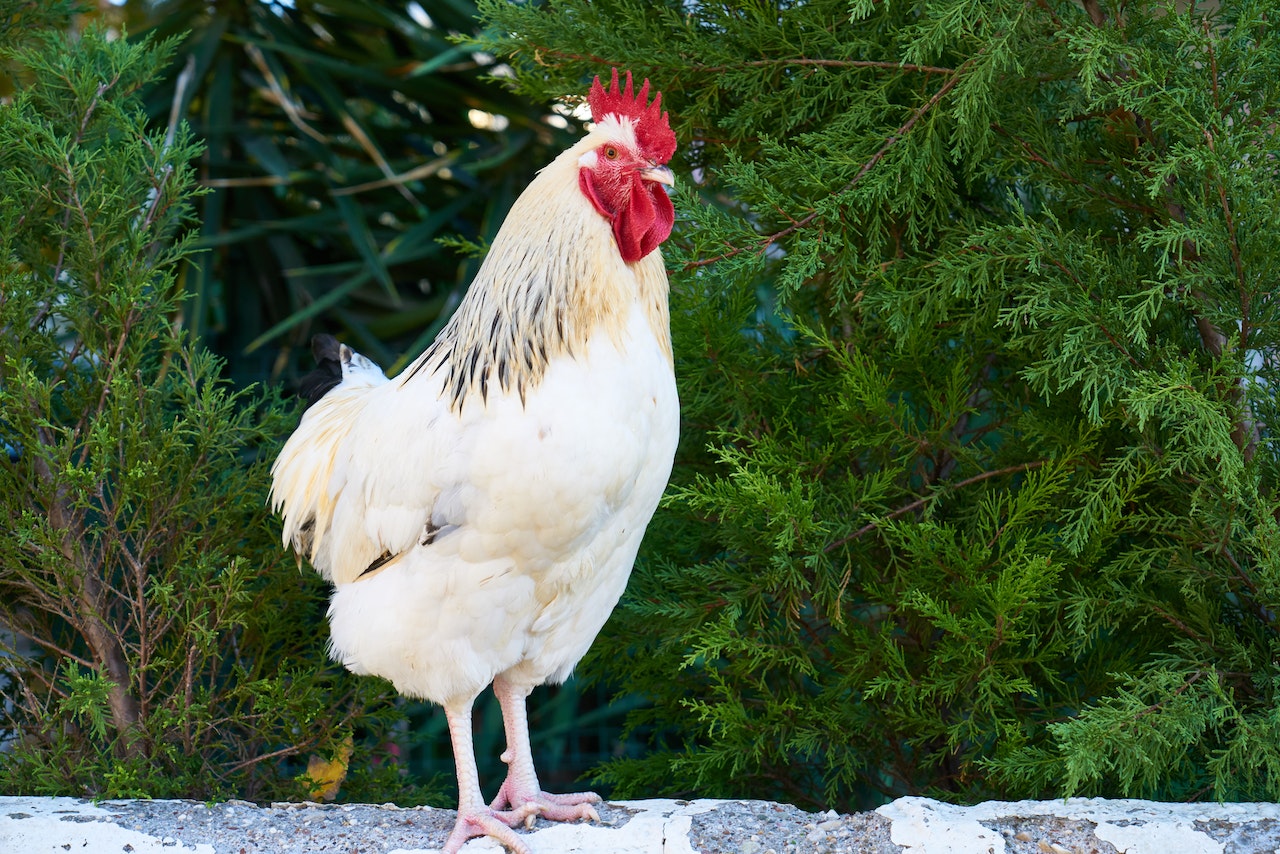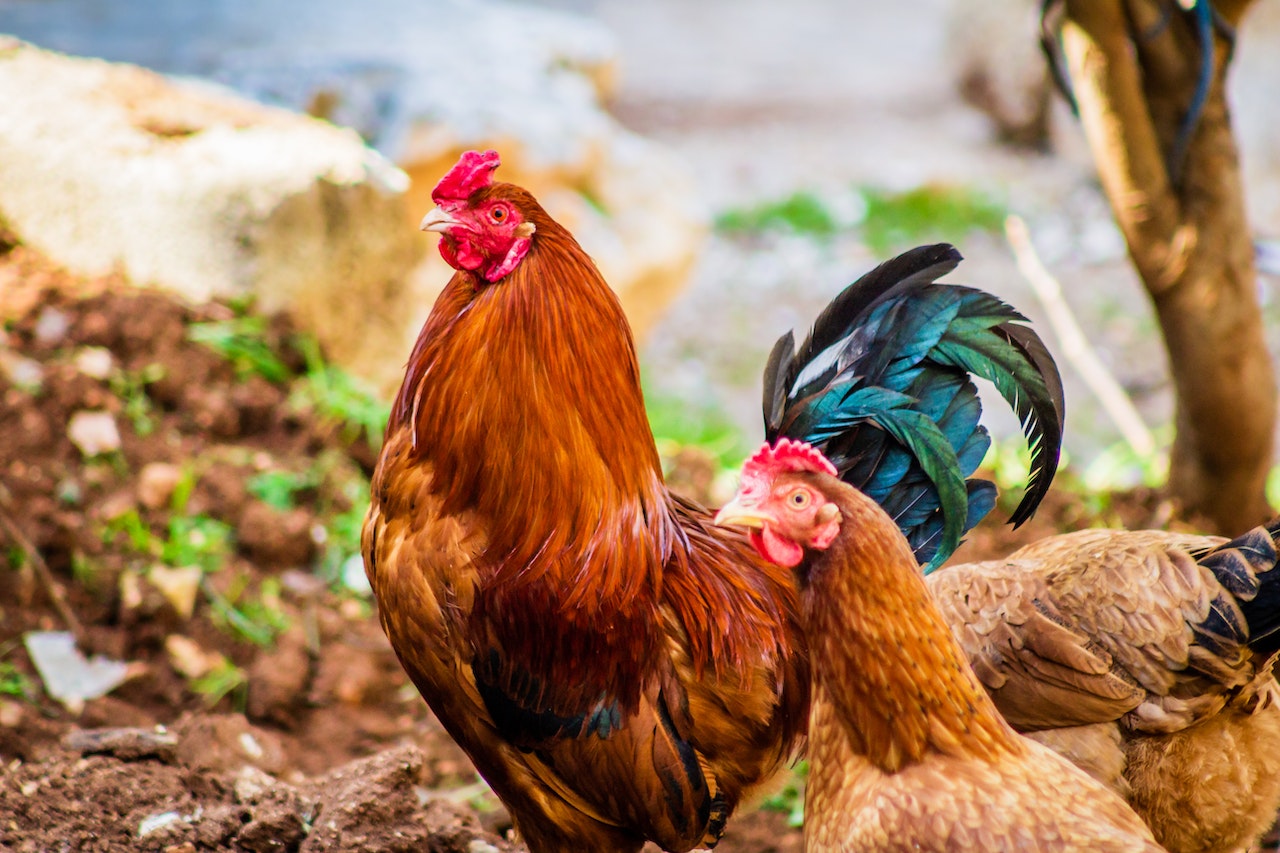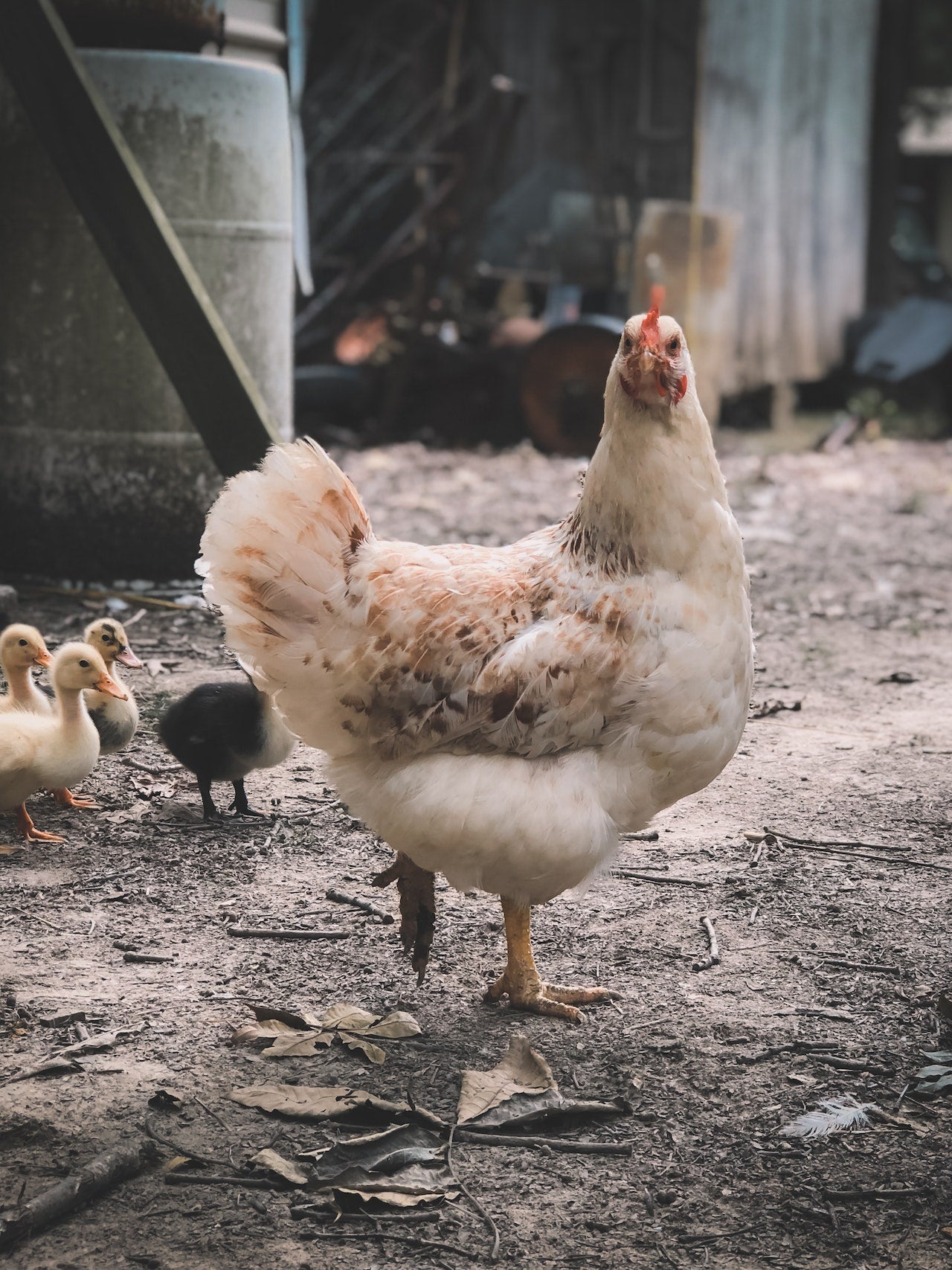
Your feathered birds will devour almost anything, you know that! They enjoy eating grass, weeds, bugs, and if allowed to roam freely, they may even end up devouring your flowers. So, are there any odd or unique things you can feed your chickens? Can chickens eat peanuts?
Can chickens eat peanuts?
Yes, chickens can eat peanuts. Peanuts are safe for chickens to consume and can be a part of their diet. Peanuts are a good source of protein and healthy fats, which can provide energy for chickens.

Nutritional Benefits Of Feeding Chickens Peanuts
Feeding chickens peanuts can provide several nutritional benefits. Here are some potential benefits of including peanuts in a chicken's diet:
- Protein: Peanuts are a good source of protein, which is essential for chickens' growth, development, and overall health. Protein is necessary for muscle development, feather production, and egg formation.
- Healthy Fats: Peanuts contain healthy fats, such as monounsaturated and polyunsaturated fats, which can provide chickens with a source of energy. Fats are also important for the absorption of fat-soluble vitamins and the maintenance of healthy skin and feathers.
- Vitamins and Minerals: Peanuts contain various vitamins and minerals that can contribute to a chicken's overall nutrition. They contain vitamin E, which is an antioxidant that supports immune function. Peanuts also provide minerals like magnesium, phosphorus, and potassium, which are important for various bodily functions.
- Caloric Density: Peanuts are relatively calorie-dense, which can be beneficial for chickens during colder months or when they need an extra energy boost. This can be particularly helpful for chickens that require higher energy levels, such as those in colder climates or during periods of high activity.
- Palatability and Variety: Adding peanuts to a chicken's diet can provide variety and make their meals more interesting. This can encourage chickens to eat a diverse range of foods, which can contribute to their overall nutritional well-being.
However, it's important to remember that peanuts should be given in moderation as part of a balanced diet. Too many peanuts or excessive fat intake can disrupt the nutritional balance and potentially lead to obesity or other health issues. It's always best to consult with a poultry nutritionist or veterinarian to ensure your chickens' dietary needs are being met.
Can Chickens Eat Raw Peanuts?
Chickens can eat raw peanuts, but it is generally recommended to avoid feeding them raw or uncooked peanuts. Raw peanuts contain enzyme inhibitors and phytic acid, which can interfere with digestion and inhibit nutrient absorption. Additionally, raw peanuts may be harder for chickens to digest and can increase the risk of digestive issues.
To make peanuts more suitable for chicken consumption, it is advisable to roast or cook them before feeding them to chickens. Roasting peanuts helps break down the enzyme inhibitors and phytic acid, making them easier to digest and improving nutrient availability. Roasted peanuts also tend to be more palatable for chickens.
When offering peanuts to chickens, always make sure they are unsalted and free from any flavorings or additives. Moderation is key, and peanuts should be considered as a treat or supplement to a balanced diet rather than a primary food source.
Can Chickens Eat Peanut Leaves And Plants?
While chickens can eat peanuts, it is not recommended to feed them peanut leaves or plants. Peanut plants (Arachis hypogaea) belong to the legume family and, like many legumes, contain compounds called lectins and phytates, which can be harmful to chickens if consumed in large quantities.
Peanut leaves and plants contain higher levels of these compounds compared to the peanuts themselves. Lectins can interfere with digestion and nutrient absorption, while phytates can bind to minerals and make them less available for absorption by the chickens' bodies.
Feeding chickens small amounts of peanut leaves or plants is unlikely to cause immediate harm, but as a precaution, it is generally advisable to avoid feeding them these parts of the plant.
If you have peanut plants in your yard or garden and chickens have access to them, it's a good idea to prevent the chickens from consuming the leaves or plants. Ensuring that chickens have a varied diet with appropriate feed and access to other safe and nutritious forage options will help ensure their overall health and well-being.
How To Prepare Peanuts For Chickens
To prepare peanuts for chickens, follow these steps:
Roasting: It is generally recommended to roast peanuts before feeding them to chickens. Roasting helps break down enzyme inhibitors and improves digestibility. Preheat the oven to 350°F (175°C). Spread the peanuts on a baking sheet in a single layer. Roast them for about 15-20 minutes or until they turn a golden brown color. Allow the roasted peanuts to cool before giving them to the chickens.
Removing shells: Depending on the type of peanuts you have, you may need to remove the shells before feeding them to chickens. Some peanuts, like Valencia peanuts, have loose shells that can easily be removed by hand. Others, like Virginia peanuts, have tighter shells that may require cracking or crushing with a nutcracker or hammer. If the shells are difficult to remove, you can offer the peanuts with the shells intact, as chickens are capable of breaking them open.
Crushing or chopping: Once the peanuts are roasted and shelled, you can further crush or chop them into smaller pieces. This will make them easier for the chickens to eat and reduce the risk of choking. You can use a mortar and pestle, a food processor, or simply chop them with a knife.
Feeding in moderation: Peanuts should be offered to chickens as a treat or supplement to their regular diet. They should not replace a balanced chicken feed. Limit the amount of peanuts given to chickens to prevent overconsumption and maintain a balanced nutritional intake.
Remember to monitor the chickens' response to peanuts or any new food. If you notice any adverse reactions or digestive issues, discontinue feeding peanuts and consult a veterinarian if necessary.
Conclusion
Yes, chickens can eat peanuts. Peanuts provide a good source of protein and healthy fats for chickens. However, it is important to roast the peanuts to improve digestibility and remove any shells that are difficult to crack. Crush or chop the peanuts into smaller pieces to reduce the risk of choking. Peanuts should be offered in moderation as a treat or supplement to their regular diet, and their main feed should not be replaced with peanuts. Monitor the chickens' response to peanuts and discontinue feeding if any adverse reactions or digestive issues occur.



